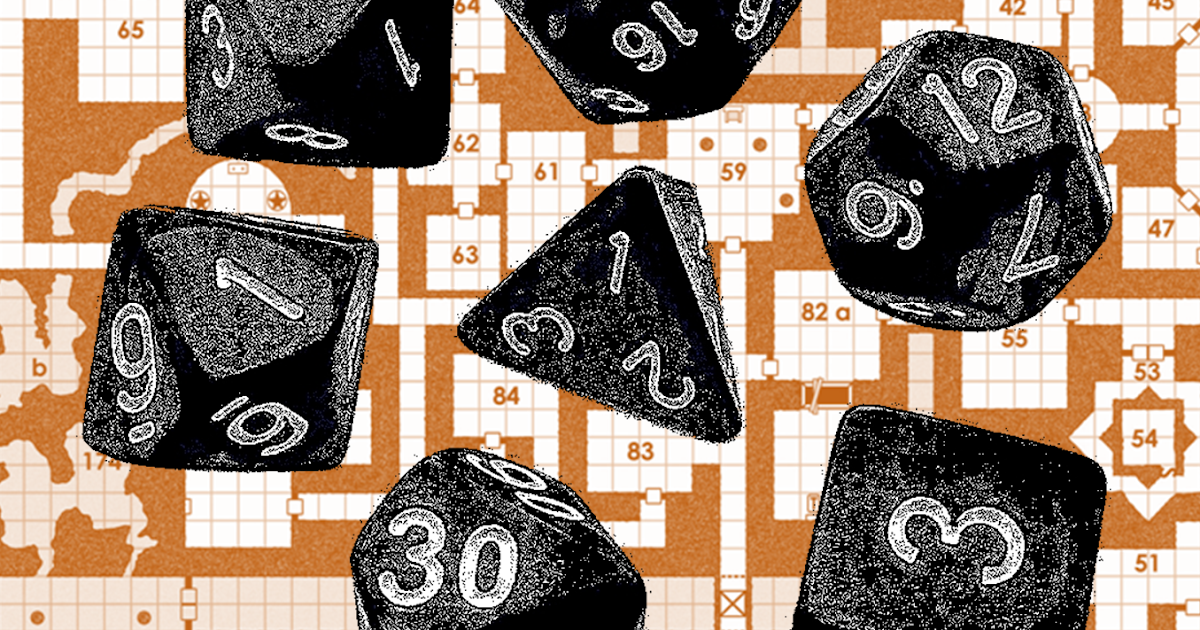What if asking/talking to the players is part of the GM's decision-making process? If you can assume that the relationship between GM and players is not adversarial, then you don't need to include any mechanics for regulating or gameifying that conversation
What I'm saying is that "gm fiat," doesn't preclude in practice there being a fair amount of conversation at the table. That is, personally, it doesn't really seem inconsistent for an FKR game in practice to include a lot conversation and consensus-seeking while still ultimately letting the GM decide the how to resolve uncertainty. It's just that an FKR game would not include any formal mechanism to include player direction of the narrative (for example, like Resistance rolls in Blades in the Dark where a player can negate a consequence by taking on stress).
I'm not sure what you mean buy a
formal mechanism to include player direction of the narrative. In Classic Traveller, a player whose PC is in the appropriate fictional position (eg gun drawn while standing across the room from someone else) can declare
I shoot them. And then the rules tell us what throw to make (modified by weapon skill, body armour, etc) and if a hit occurs how to determine the damage dealt, and based on the damage dealt how to tell whether the person who is shot falls unconscious or dies. Is that a formal mechanism to include player direction of the narrative?
I know of two alternatives to rules like this.
One is the conch-passing that
@Ovinomancer has referred to upthread.
The other is that everything the players say is mere
suggestion, and the GM narrates everything that actually occurs in the fiction based on what they think appropriate/logical.
From what I have read of FKRing, it is a bit unclear whether or not there are supposed to be any rules like the Classic Traveller ones for shooting. I certainly don't see any suggestion about conch-passing. I do see a lot of emphasis on
the GM being the one who decides what happens - and no discussion of the idea of table consensus or even hearing the opinions of the players.
If we include
hearing the opinions of the players plus
rules like the Classic Traveller rules for shooting someone, then Apocalypse World seems to count as a FKR game! Which I don't think is what is intended.
Well, actually the aspect that I find really interesting in FKR is the notion that genres or "worlds" contain an interior logic and their own rules. So a GM in an FKR game would not have to know about the "world" of 19thc. military engagement, but rather the world of their setting and the "rules" of the genre.
As you've probably already worked out, I find this comparison very implausible.
The reason a Prussian officer can master, and apply, the "logic" of military engagements is because those are real events that occur in the real world according to real and (sometimes) knowable causal principles. The world is both a constraint (on the reasonableness and the truth of belief) and a source (of evidence, of belief, of habit and learning). The world of a made up setting, and a genre, don't serve as either constraint or source in anything like the same way.
The Prussian army (as I understand it) learned a lot about the minutiae of artillery deployments between Jena and the Franco-Prussian War. The free kriegsspiel referee has the benefit of all that knowledge: in experience; in training; in whatever charts and tables are available; in the commentary and advice of fellow officers.
Conversely, who would trust one of those 1806 Prussian officers as a referee? Clearly their conception of what might be achieved via manoeuvre and artillery was flawed!, as their defeat shows.
The GM of a RPG is typically neither applying knowledge nor displaying ignorance. They are making things up. It just strikes me as being in a completely different ballpark.
/pic5649388.jpg)
boardgamegeek.com













